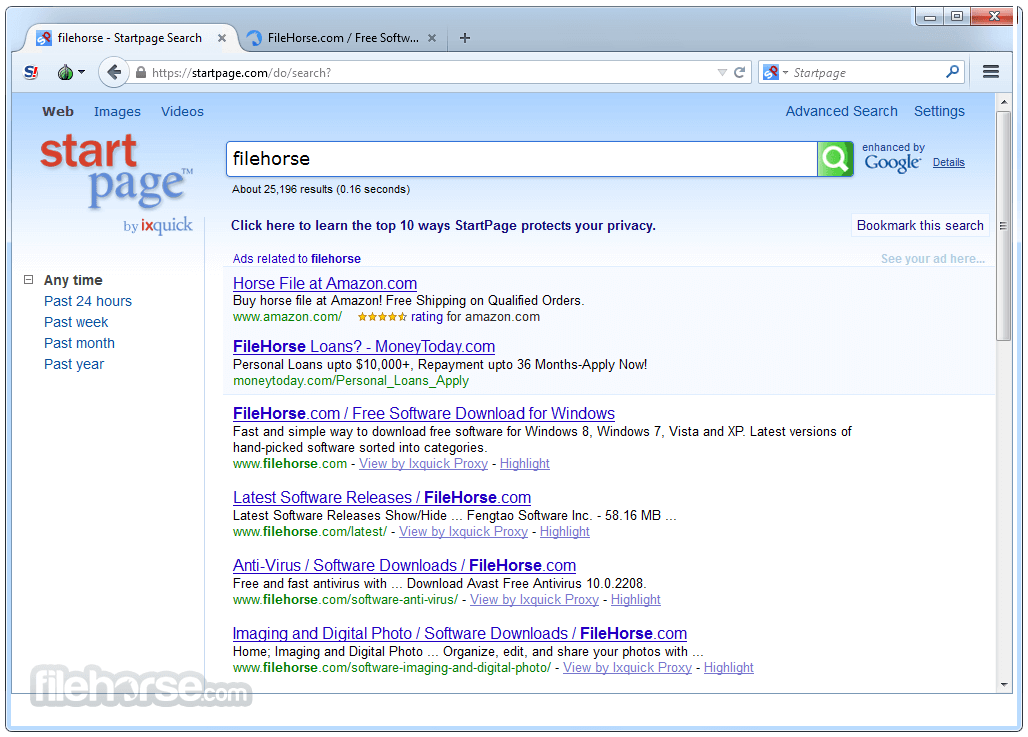

Tor uses the same core principle as a VPN service (opens in new tab): it hides your IP address from websites by routing your traffic through another server. It passes its response back to the exit node, which routes it through the Tor network and back to you. Your target website sees the IP address of the Tor exit node rather than yours, so has even less idea of who you are. When your data reaches the last relay, also called the exit node, it removes the final layer of encryption and routes your web request to its real destination. All they do is remove a layer of encryption and pass the data to the next relay. The subsequent relays don't have your IP address or know which site you're trying to visit. The only information it has is the address of the next relay. It can't see which site you're trying to access either, which means there's no way to log what you're doing. The guard relay knows your IP address (opens in new tab), but has no other clues to your identity. In fact, Tor stands for 'The Onion Router', and takes its name from this layering idea. The first (or 'guard') relay receives your data and peels off the first layer of encryption, like the layer of an onion. If you see inaccuracies in our content, please report the mistake via this form.This involves encrypting your data multiple times, then passing it through a network of volunteer-run servers (or 'relays') from around the world. If we have made an error or published misleading information, we will correct or clarify the article. Our editors thoroughly review and fact-check every article to ensure that our content meets the highest standards. Our goal is to deliver the most accurate information and the most knowledgeable advice possible in order to help you make smarter buying decisions on tech gear and a wide array of products and services. ZDNET's editorial team writes on behalf of you, our reader. Indeed, we follow strict guidelines that ensure our editorial content is never influenced by advertisers.

Neither ZDNET nor the author are compensated for these independent reviews. This helps support our work, but does not affect what we cover or how, and it does not affect the price you pay. When you click through from our site to a retailer and buy a product or service, we may earn affiliate commissions. And we pore over customer reviews to find out what matters to real people who already own and use the products and services we’re assessing. We gather data from the best available sources, including vendor and retailer listings as well as other relevant and independent reviews sites. ZDNET's recommendations are based on many hours of testing, research, and comparison shopping.


 0 kommentar(er)
0 kommentar(er)
